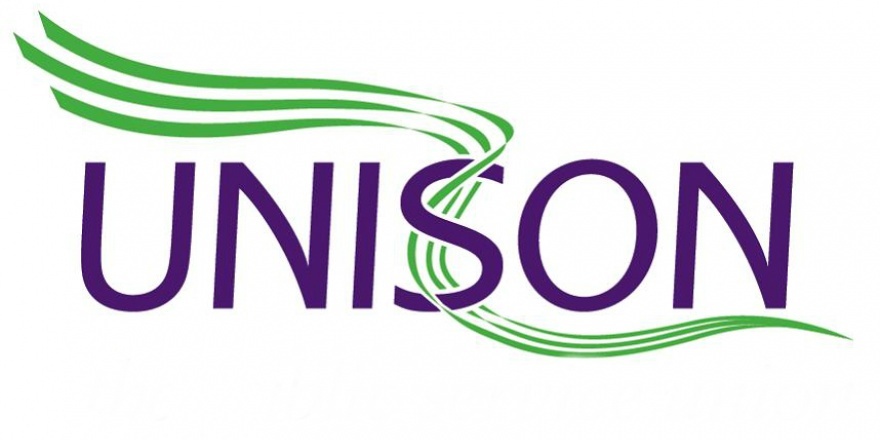
Ongoing disputes make it impossible to submit evidence to NHS pay review body, say health unions

Health unions won’t be submitting joint evidence to the NHS pay review body for the next wage round while the current industrial disputes remain unresolved, it has been announced today (Wednesday).
Instead, the 14 unions – representing more than one million ambulance staff, nurses, porters, healthcare assistants, physiotherapists and other NHS workers in England – have called for direct pay talks with ministers.
Unions believe the lengthy pay review body process is not able to deliver what is needed right now. That’s a deal that resolves the current pay and staffing dispute and puts in place a settlement needed to get the NHS back on track.
In the current economic climate, it would be far better if NHS pay negotiations could be convened involving unions, employers and ministers, say the unions.
This should ensure a speedier outcome, and one that could deliver the kind of settlement necessary to turn the NHS staffing crisis around.
The deadline for submitting evidence for the 2022/23 pay year was the end of last January. But it was almost six months later when ministers made public their acceptance of the review body’s £1,400 flat-rate rise. By then inflation had gone through the roof, say unions.
The unions have now decided against a formal collective submission to the pay review body this year, preferring the more direct approach of talks with ministers.
Evidence for the 2023/24 pay round is meant to be submitted today (11 January). Instead, the NHS unions have collated the case for investment in NHS pay into a publicly available document. This outlines the necessity of investment in pay and staffing to the health service, its staff, patients and the wider economy.
Stephanie Greenwood, UNISON Trade Union side Chairperson for the NHSCT said:
“Every year the trade unions and their members have duly given evidence around staff morale, cost of living issues, retention and recruitment and the issues around equal pay within the NHS.
In return each year our members have received pay freezes or below inflation pay rises.
We have provided information, warned and cautioned around the economy and labour market, agenda for change earnings and rewards, the Northern Ireland economy, devolution issues, service transformation, integration and productivity. We have discussed affordability and efficiency savings, workforce strategies and workforce numbers. We have discussed vacancies and shortages across all groups including nursing but also beyond this occupational group such as social work, domiciliary care, administration, support services etc.
The supply and recruitment of staff is now at an all-time low and therefore we question why we should continue to engage with a body whose independence appears to be in name only. The actions of the UK government to curtail or cap any recommendations completely stands in the way of the PRB to respond in a manner that is meaningful. Unions are now questioning how the PRB can claim to act independently when they are tied to budgetary constraints.
The government needs to negotiate with us directly”.


